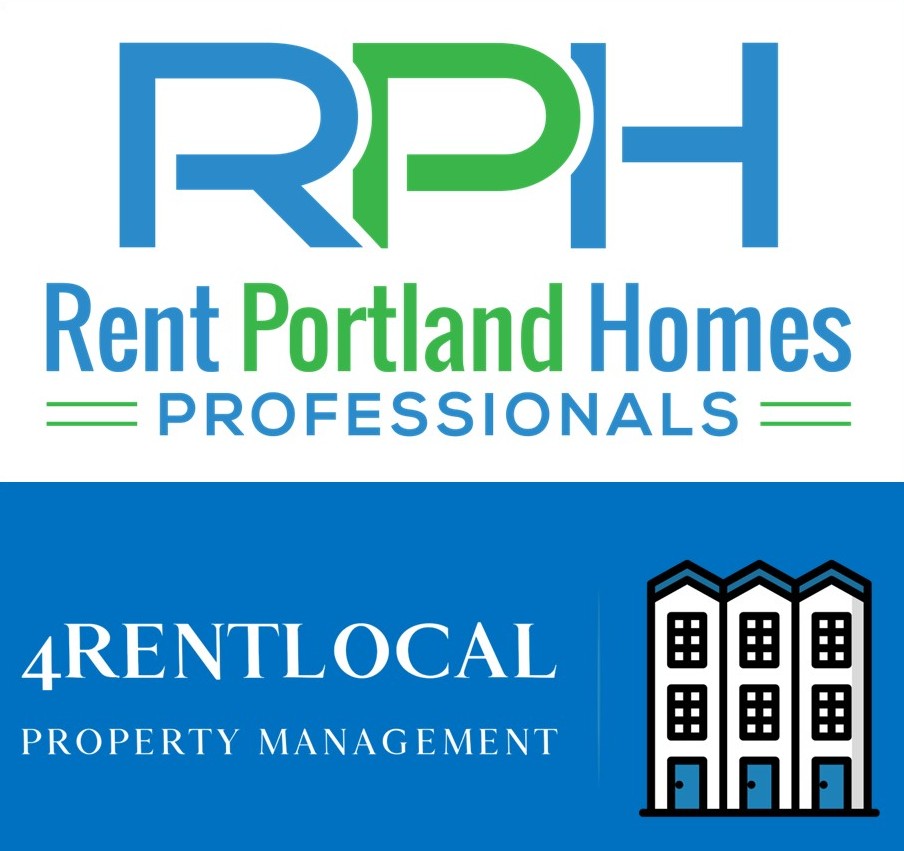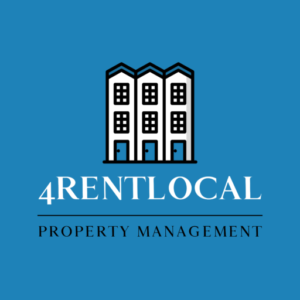Rental application fraud is on the rise worldwide thanks to websites like X and Reddit, which give scammers the ability to share tips, tricks, and the latest technology that they use to take advantage of unsuspecting landlords.
Thankfully, knowledge is power and it’s easy for landlords to know what to look for and stop rental application fraud dead in its tracks.
In this article, we will offer you helpful tips that you can use to stop rental application fraud and ensure that you only rent to the most qualified tenants possible.
Tips For Spotting Rental Application Fraud
Detecting rental application fraud is crucial for landlords and property managers to ensure the integrity of their rental process. Here are some common signs of rental application fraud:
- Inconsistent Information:
- Check for inconsistencies in the application, such as conflicting employment dates, addresses, or income details.
- Verify the information provided by cross-referencing with documents like pay stubs, bank statements, and employer verification.
- Fake References:
- Verify references by calling employers, previous landlords, and personal references to ensure they are legitimate.
- Be cautious if the contact information provided for references is incomplete or seems suspicious.
- Too Good to Be True:
- Be wary of applicants with exceptionally high income levels, impeccable credit scores, or who offer large upfront payments.
- If the applicant’s financial situation seems too good to be true, it might be worth investigating further.
- Unusual Payment Requests:
- Be cautious of applicants who request unusual payment methods or provide payment in large amounts in advance.
- Fraudulent applicants may try to expedite the process with unusual payment requests.
- Rush to Move In:
- Be cautious of applicants who pressure you to speed up the application process without proper verification.
- Fraudsters may attempt to rush the process to avoid thorough scrutiny.
- Incomplete Applications:
- Applicants with incomplete or vague information may be trying to conceal something. Verify missing details before proceeding.
- Ensure that all required documentation, such as proof of income and identification, is provided.
- Inconsistent Employment History:
- Verify the applicant’s employment history, especially if there are frequent job changes or long gaps between jobs.
- Cross-check the information with the employer or through official documentation.
- Check Social Media:
- Social media can provide additional insights into an applicant’s lifestyle and behavior. Look for any inconsistencies or red flags.
- Identity Verification:
- Verify the applicant’s identity through official documents such as driver’s licenses or passports.
- Check for any signs of forged or altered documents.
- Background Checks:
- Conduct thorough background checks, including criminal history and credit reports, to identify any potential red flags.
- Trust Your Instincts:
- If something feels off or if your instincts are raising concerns, take the time to investigate further before finalizing the rental agreement.
It’s important to note that while these signs can be indicators of potential fraud, they do not guarantee fraudulent activity. Always follow proper legal procedures and respect the privacy rights of applicants during the screening process. Additionally, local laws and regulations may dictate specific steps that landlords must follow when screening tenants.
What is Rental Application Fraud?
Application fraud (and lease fraud) is the intentional, sometimes systematic misrepresentation of important information on the rental application and in related documents and declarations.
Given digital tools such as photo editing software and document editing packages which can scan and then reproduce a fake version of any document, misrepresentation is easier than it seems.
 In the tenant screening post, we outlined some of the items to cover as you assess the background and intent of the applicant below. You’ll be looking at rent payment history, any past evictions, property damage and reported information from former landlords, lease violations, credit history, along with criminal records.
In the tenant screening post, we outlined some of the items to cover as you assess the background and intent of the applicant below. You’ll be looking at rent payment history, any past evictions, property damage and reported information from former landlords, lease violations, credit history, along with criminal records.
Bad tenants can use the property for purposes other than a living space for them (drug manufacturing, drug sales, hideouts for criminals/terrorists).
Rental Scam Fraud
The FTC warns of 2 common rental scams:
Hijacked Ads
The scammer tries to hijack a real rental or real estate listing by changing the email address or other contact information, and placing the modified listing ad on another website. The altered ad could use the name of the real landlord listing ad. That ad may not even exist or is expired.
Phantom Rentals
Creating and advertising rental listings for places that aren’t for rent or don’t exist, promise a too good to be true offer or amenity, even non-existing amenity to dupe the hopeful applicant.
Scams not only target unwitting landlords but may involve genuine rental applicants too. USA.gov highlights some common scams they’ve spotted along with some tips on how to protect yourself from scams involving target renters.
It may be advantageous to include anti-scam comments in your website where visiting fraudsters can see it. This may be enough to deter them and let them choose another landlord to perpetrate their scheme. Every vacancy listing, tenant sublet, or renter in default provides an opportunity for a rental apartment scam to happen.
Illegal subletting and short term rental scams are common now. For instance, the renter you leased to suddenly rents out the unit to an unsavory or non paying tenant. They may have even took 6 months rent payment in advance from the duped applicant renter, and that person may now sue you for the loss and damage the unit in anger.
Source
Streamline Your Application Process By Hiring A Property Manager
Want to save the hassle of rental application fraud while streamlining the management of your rental property? If so, it’s time to hire a property manager.
Hiring a property manager can offer numerous benefits to property owners, especially those who own multiple properties or have other commitments. Here are some common reasons to consider hiring a property manager:
- Time Savings:
- Property managers handle day-to-day tasks such as property maintenance, rent collection, and tenant communication, allowing property owners to save time and focus on other priorities.
- Tenant Screening:
- Property managers are experienced in screening tenants, conducting background checks, and verifying rental histories, which can help in selecting reliable and responsible tenants.
- Rent Collection:
- Property managers handle rent collection, ensuring that payments are received on time. They can also enforce lease policies regarding late payments.
- Property Maintenance:
- Property managers oversee maintenance and repairs, coordinating with contractors and handling emergencies. This ensures that the property is well-maintained and in good condition.
- Legal Compliance:
- Property managers are knowledgeable about landlord-tenant laws and regulations. They can help ensure that property owners comply with local, state, and federal laws.
- Marketing and Advertising:
- Property managers can effectively market and advertise rental properties, attracting a larger pool of potential tenants and reducing vacancy periods.
- Reduced Vacancy Rates:
- Through efficient marketing, tenant retention strategies, and quick turnover processes, property managers can help minimize vacancy rates and maximize rental income.
- Tenant Relations:
- Property managers act as a point of contact for tenants, addressing concerns and handling communication. This can contribute to positive tenant relations and reduce owner involvement in day-to-day issues.
- Knowledge of the Local Market:
- Property managers have a good understanding of the local real estate market. They can provide advice on setting competitive rental rates and adapting to market changes.
- Emergency Response:
- Property managers are equipped to handle emergencies and urgent situations, ensuring that issues like water leaks or electrical problems are addressed promptly.
- Lease Enforcement:
- Property managers enforce lease agreements, handling lease violations, and taking appropriate action when necessary. This includes eviction proceedings if tenants fail to comply with lease terms.
- Financial Management:
- Property managers often handle financial aspects, including budgeting, accounting, and providing regular financial reports to property owners.
- Experience and Expertise:
- Property managers bring a wealth of experience and expertise in property management, helping property owners navigate complex issues and make informed decisions.
- Peace of Mind:
- Property owners can enjoy peace of mind knowing that a professional is managing their property, handling day-to-day operations, and ensuring compliance with relevant laws and regulations.
- Cost Efficiency:
- While property management services come with a cost, many property owners find that the time and resources saved, along with the potential for increased rental income, make hiring a property manager cost-effective in the long run.
To learn more about the property management services that we can offer you, contact us today by clicking here or calling (503) 447-7788.


























 In the
In the